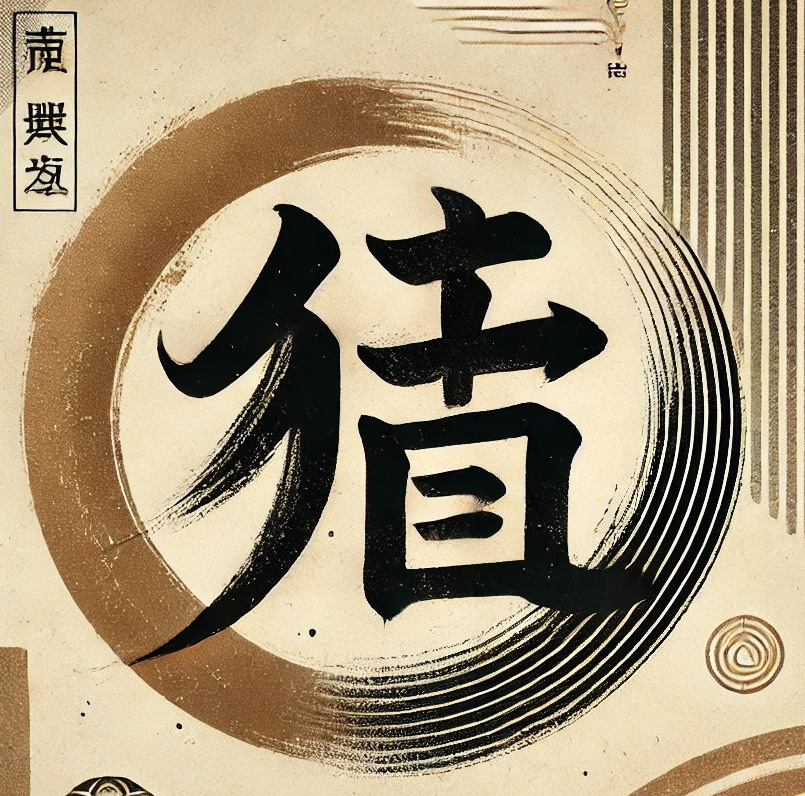The Kurinuki
is not just a pottery technique but embodies a profound philosophy intertwined with Japanese aesthetics and life itself. Carving an object from a single block of clay, removing the excess to reveal the inherent form within, is an act that reflects the pursuit of essence, simplicity, and naturalness. Philosophically, *Kurinuki* can be seen as a meditation on transience and imperfection, concepts central to the Japanese philosophy of *wabi-sabi*. Through the practice of *Kurinuki*, the artisan engages directly and immediately with the raw material, embracing and valuing the imperfections that emerge during the process. Each piece becomes a testament to the present moment, to the interaction between the artist and the clay, and to the unrepeatable uniqueness of that encounter.
Philosophically, *Kurinuki* can be seen as a meditation on transience and imperfection, concepts central to the Japanese philosophy of *wabi-sabi*. Through the practice of *Kurinuki*, the artisan engages directly and immediately with the raw material, embracing and valuing the imperfections that emerge during the process. Each piece becomes a testament to the present moment, to the interaction between the artist and the clay, and to the unrepeatable uniqueness of that encounter.
Furthermore, *Kurinuki* invites contemplation and patience. The gradual removal of clay requires a sensitivity that goes beyond technique; it requires listening to the material and a deep connection with the creative act. This practice thus becomes a life experience, an exercise in distillation that teaches one to perceive beauty in the rough, to find harmony in chaos, and to recognize the importance of the process over the final result.
.


